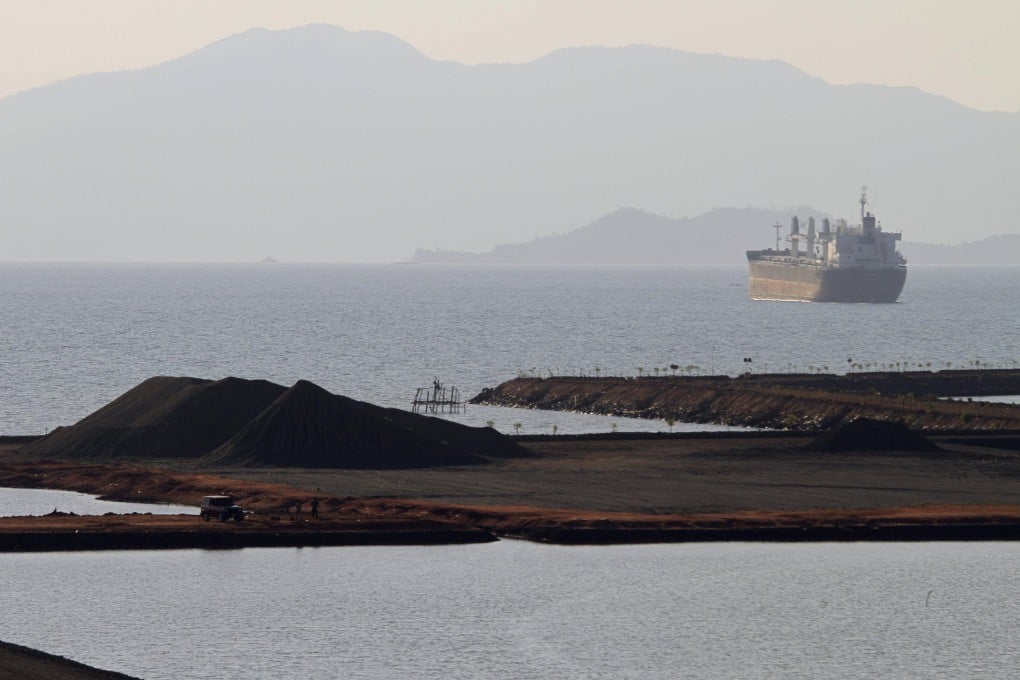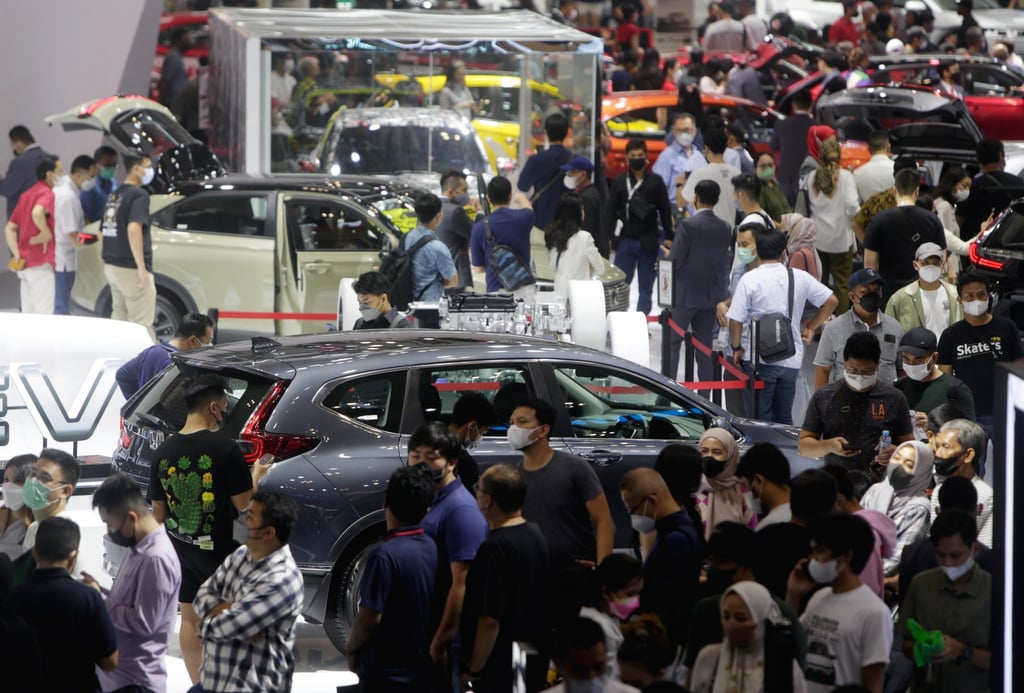Can Indonesia’s electric car, battery sector have a smooth ride beyond China?
- US offers tax rebate for EV buyers whose vehicles’ batteries use minimal metal from ‘foreign entities of concern’, in reference to China, Russia firms
- A lot of nickel, used for EV batteries, is from Indonesia, but experts say sector must become greener to gain more global market share

However, the nation’s lacklustre green energy revolution may dampen that prospect in the future, analysts said.
The US Inflation Reduction Act (IRA), passed into law last month, offers a tax rebate of US$7,500 for EV consumers whose vehicles undergo final assembly in North America, and if their batteries use minimal metal components from “foreign entities of concern”, in a veiled reference to Chinese and Russian companies.

At least 40 per cent of the important metals in the EV battery, including lithium, nickel, cobalt and manganese, must also come from the US and its Free Trade Agreement partners. That percentage will rise to 80 per cent by 2026, according to Reuters. The new law will be effective until at least 2032.
But, Putra said that in the future, the US will be a “significant market” for nickel producers.